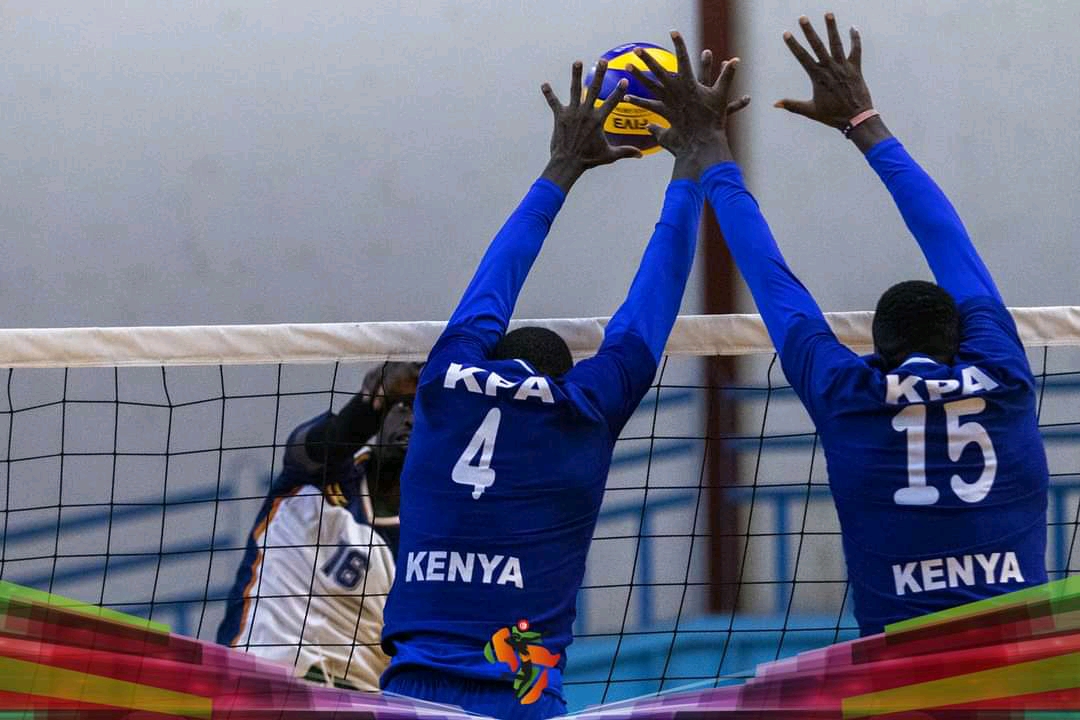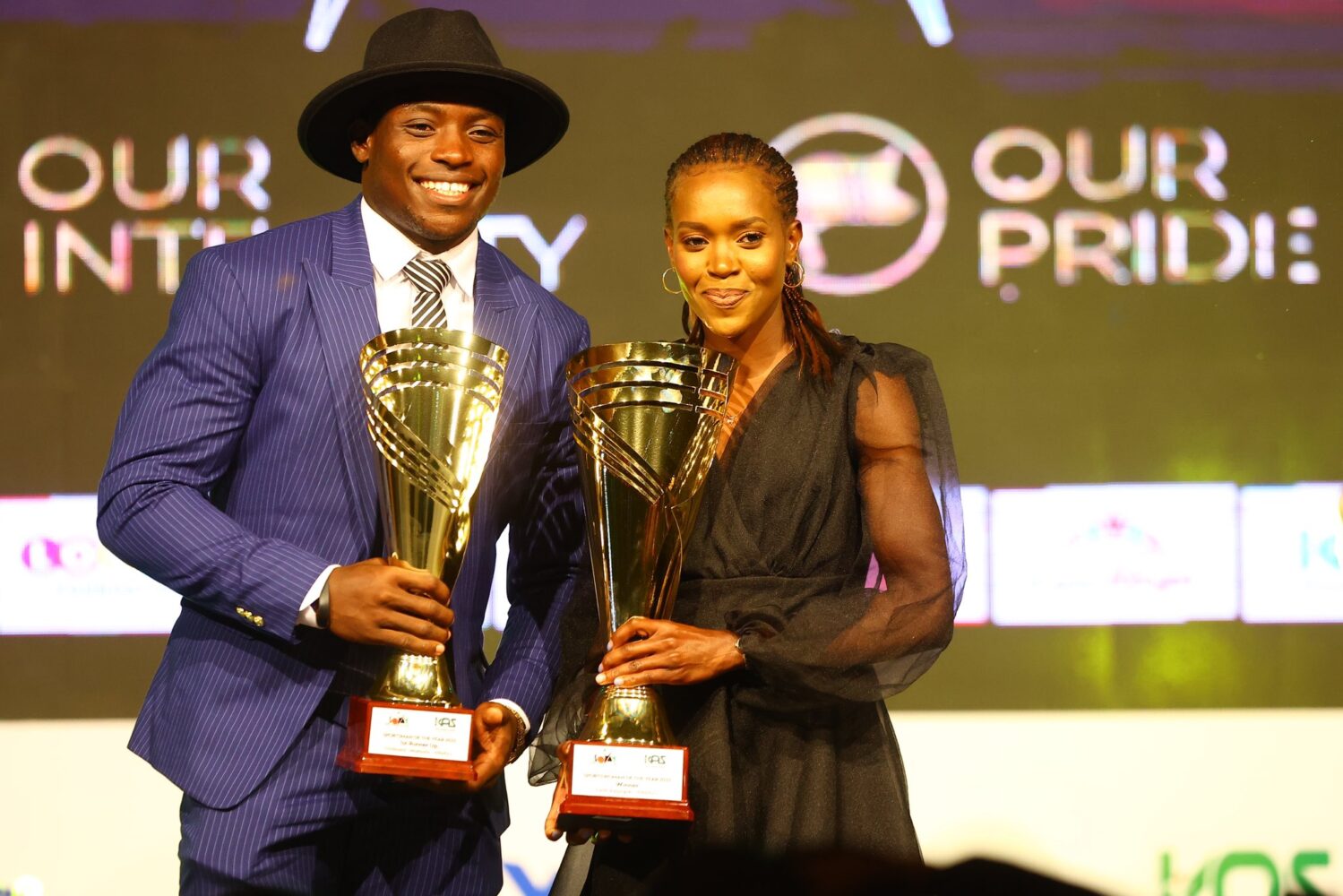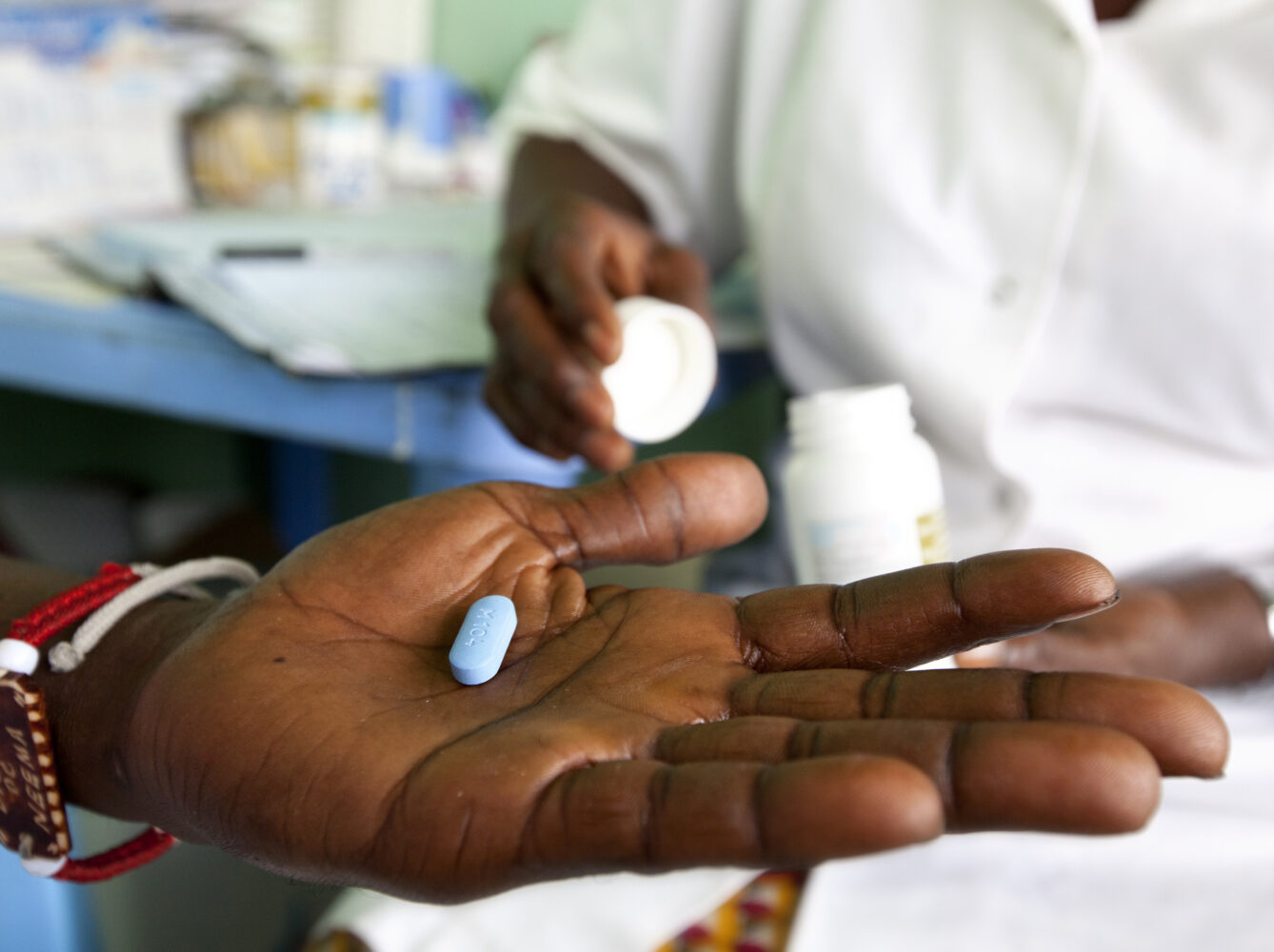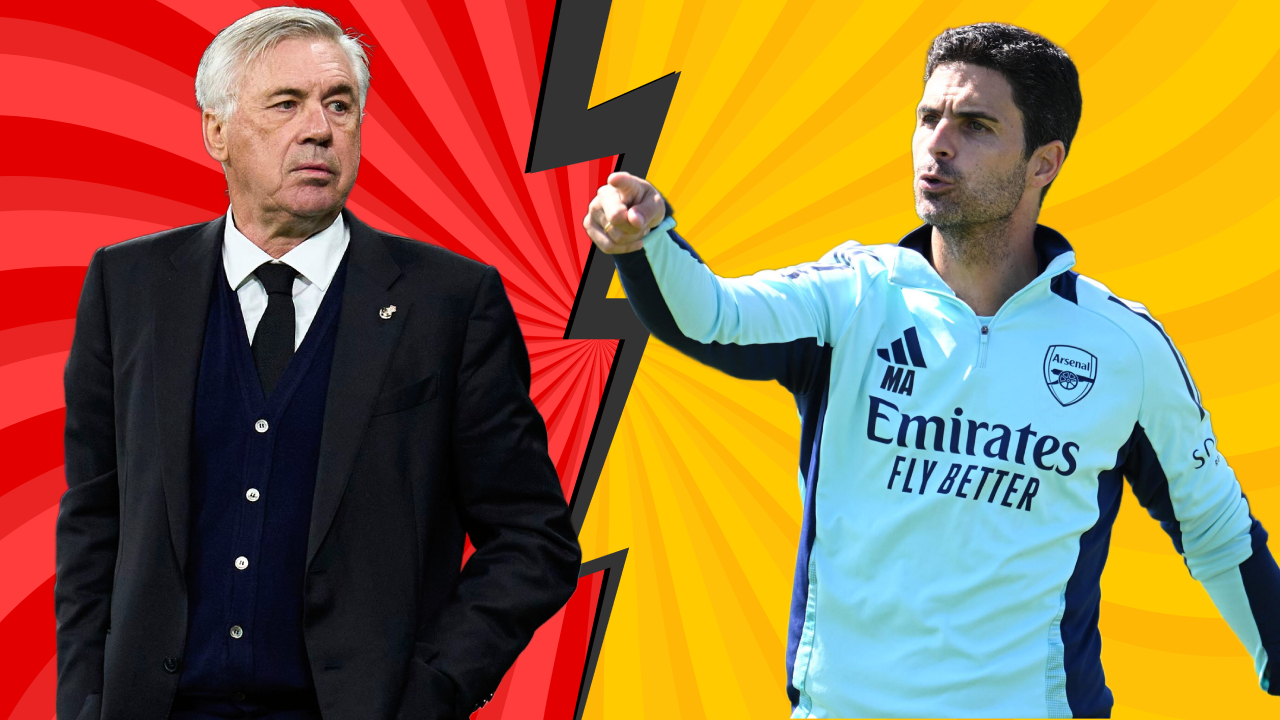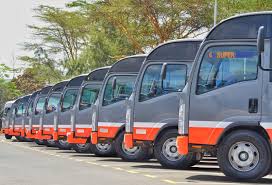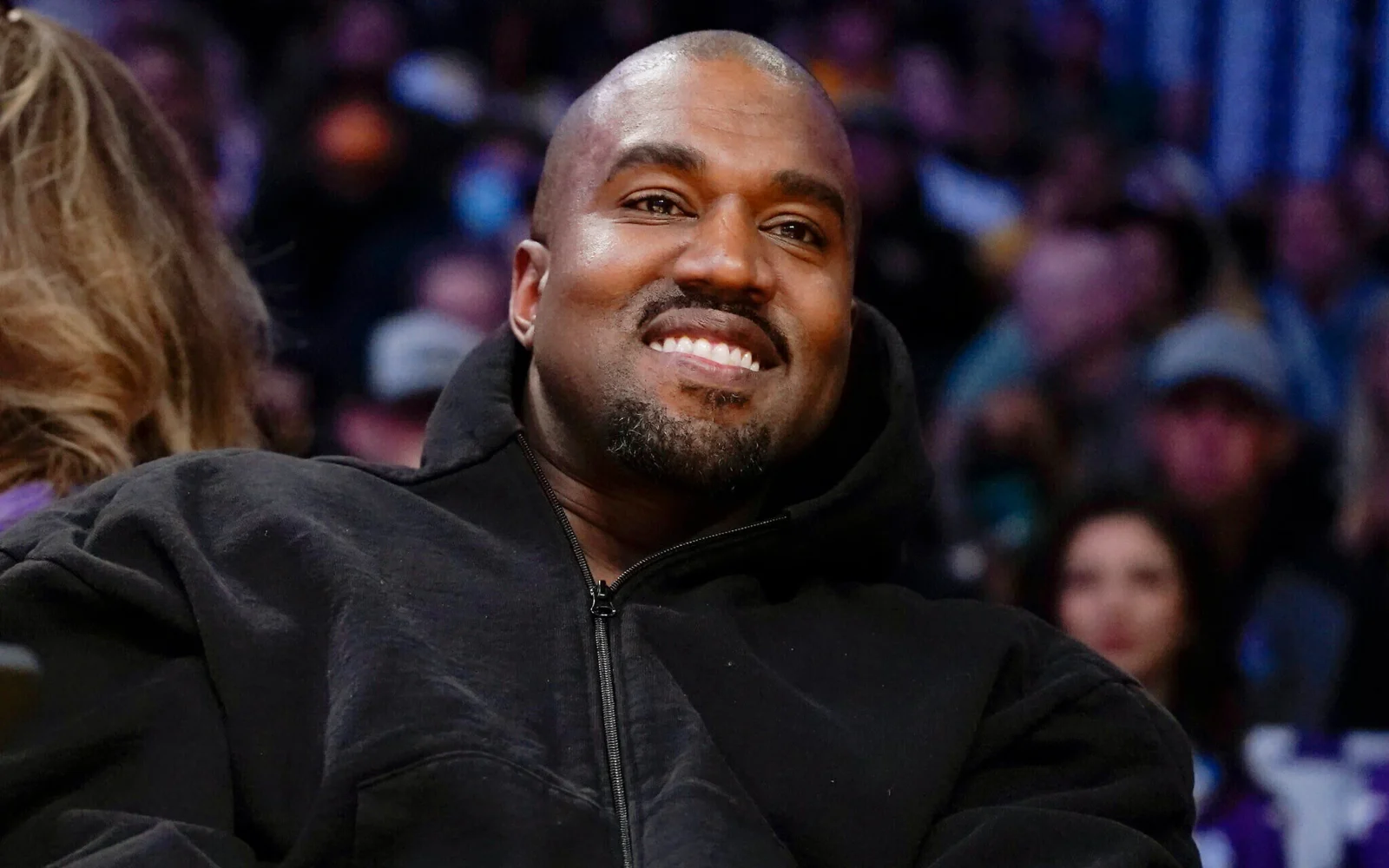In the heart of Kiambaa lies land rich with legacy, ancestral land of the Koinange family, steeped in history dating back to the 1860s.
It is here that Jeff Koinange, renowned journalist and descendant of this iconic family, gathered with relatives to document their story. The family matriarch, Mama Koinange, welcomed all with warm words and memories of love, struggle, and survival.
Married into the family in 1959, she bore four children before tragically losing her husband, Frederick Beyo Koinange, just after Kenya gained independence. Left widowed at 28, she recalled, “It wasn’t easy, but we survived.”
Her resilience echoes the larger story of the Koinange clan, a family that endured colonial oppression, political detention, and societal upheaval, yet emerged with strength and pride.
The Koinange lineage
Senior Chief Koinange wa Mbiyu of Kiambu, the patriarch of the Koinange family, played a pivotal role in the history of Kenya.
Despite being illiterate, he was an articulate and fervent leader who championed early education. His efforts led to the establishment of Githunguri Teachers College, where President Jomo Kenyatta served as vice-principal upon his return from England in 1946.
Koinange’s influence extended beyond education; he became an adviser on African affairs to the District Commissioner (DC) and was appointed headman in 1921 and Senior Chief 17 years later.
Koinange’s impact in British Parliament
In the early 20th century, Koinange’s life became entwined with colonial struggles, particularly in the fight for land.
During his time in Britain, he addressed the British Parliament and declared, “We are subjects of King George. But we would rather lose our father than our mother—the land.” This statement resonated deeply with the Kikuyu, emphasizing their unbreakable connection to their land.
Koinange’s advocacy and struggle against land encroachment
Koinange’s refusal to accept land was a powerful statement. He resisted the British settlers’ claims to land, knowing that his people had lived on the land for generations.
The British settlers had long claimed ownership of vast tracts of land, but Koinange contested their assertions.
His advocacy for land rights extended to the establishment of grazing lands in the Deer area. However, water scarcity forced the construction of a dam to serve the Kikuyu people. This dam, although helpful, could not erase the hardships they faced in the new settlement.
Tensions with settlers and the commission’s decision
The British settlers argued that they had discovered empty land upon arriving in Kenya. However, Koinange vehemently refuted this claim, standing firm that the land had been inhabited and owned by the Kikuyu for centuries.
Despite his tireless efforts, many of Koinange’s land claims were dismissed by the commission, frustrating him and many of his people.
Internal divisions and the FGM debate
Koinange’s leadership was not without its challenges. Within his own Kikuyu community, a divide emerged over the issue of female circumcision.
This sparked a deep debate between two factions. One, led by Koinange, opposed the practice, while the other, led by Philip Karanja, defended it. This rift led to the formation of two factions: “Kerore” and “Karenga.”
Koinange’s legacy in education and politics
Despite these divisions, Koinange’s legacy remained focused on education. He established Githunguri, a school dedicated to providing quality education.
His belief in the power of education for the Kikuyu people was central to his mission. Koinange’s son, Mbiyu Koinange, went on to become a prominent figure in Kenya’s politics, serving as a close confidant to Jomo Kenyatta.
Mbiyu Koinange, the first Kenyan to attain university education, was also a key political figure. His influence helped shape Kenya’s independence movement, and he often quipped that he only needed two votes to become Kiambaa MP—Jomo Kenyatta’s and Mama Ngina’s!
His brother, Charles Karuga Koinange, served as Chief of Kiambaa in 1951 before becoming the Provincial Commissioner for Central and Eastern provinces.
Other notable members of the Koinange family included Frederick Mbiyu Koinange, who opened Kenya’s first indigenous car dealership and petrol station, and Dr. Wilfred Karuga Koinange, a respected medic and former Director of Medical Services. Koinange’s legacy extends to his children, with Jeff Koinange, the renowned TV talk show host, further cementing the family’s place in Kenya’s history.
Koinange’s enduring influence
Senior Chief Koinange’s struggles against land encroachment, his promotion of education, and his leadership during the colonial era laid the groundwork for Kenya’s future.
He passed away at the age of 95, leaving behind a remarkable lineage, with Senior Chief Koinange High School and Koinange Street serving as lasting tributes to his influence.
The Koinange family remains a powerful symbol of resilience, leadership, and commitment to Kenya’s independence and development.


